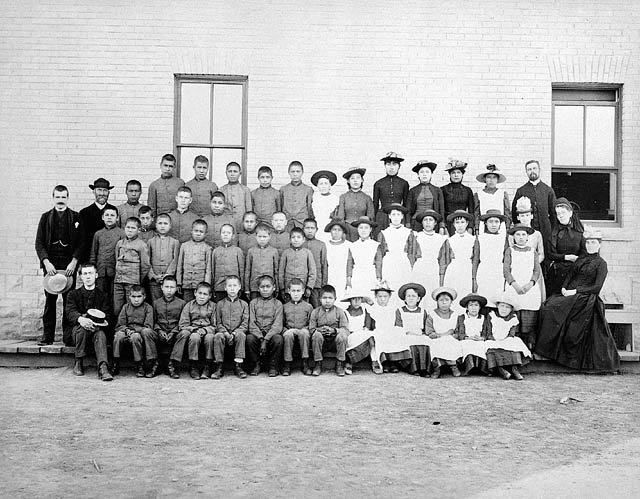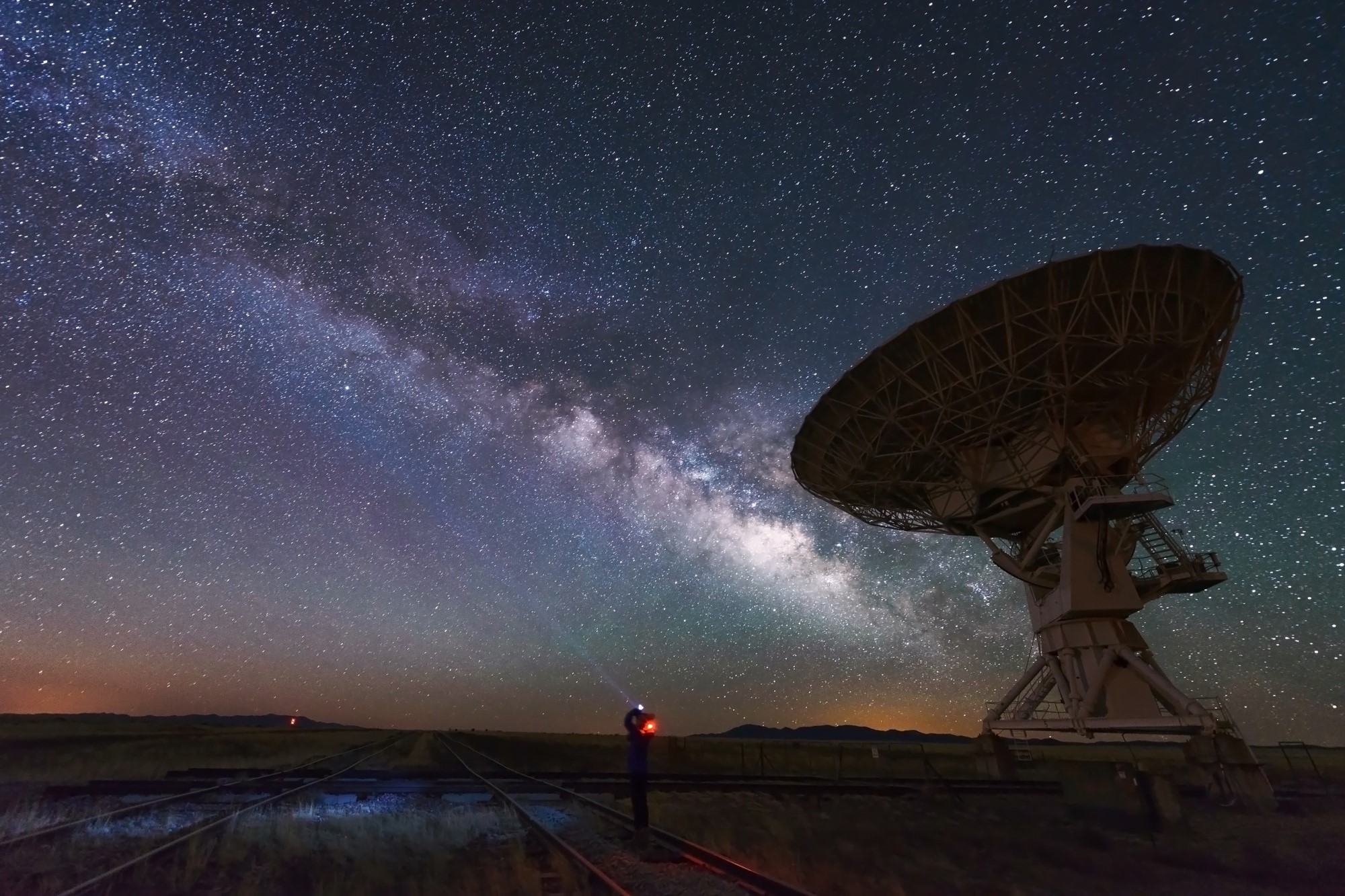In Canada, Apologizing for Forced Adoption
For decades in the 20th century, the US, Canada, and Australia took thousands of indigenous children from their families and either put them in residential schools or found non-indigenous adoptive parents for them. These practices ended in the 1970s, but only now are governments in Canada and Australia trying to make amends. Former Australian Prime Minister Julia Gillard apologized in 2013, while the government of Manitoba apologized for forced adoptions in 2015. At the beginning of this month, the Canadian government agreed to pay reparations to victims of the “Sixties Scoop”—the forced adoption of indigenous children in the 1960s and 70s. 750 million Canadian dollars will be paid out in legal settlements.
As much as it’s clearly laudable and appropriate for nations to apologize for forced adoptions, it’s not immediately obvious to whom they ought to be apologizing, and for what. One possibility is that it’s the removed children who are owed an apology. It seems straightforward to say they were harmed by being placed in non-indigenous homes. One critic of the practice refers to these children as “cultural amputees,” and clearly some of them did feel cut off from their communities, when they discovered their origins. However, this can’t be universal, and for some of the children there were probably benefits as well as harms. If apologies for forced adoptions had only this sort of basis, they might be owed to a minority of the children.
Also owed apologies are the parents of the removed children. Many have testified to the devastation of involuntarily losing their offspring. And the removals were not only devastating, but a violation of the parents’ rights. It’s a cornerstone of family law that parents have rights to their biological children, in the absence of neglect or abuse. Neglect and abuse are moral concepts, and do not simply concern a child’s standard of living. So, though the poverty of indigenous children was a legitimate concern, economic support would have been the proper solution, not removal of children. It’s with good reason that, in 2013, Prime Minister Gillard gathered together Aboriginal parents who lost their children and apologized directly to them.
Third, one might hold that the communities are owed apologies, even though children “belong” to their parents. Much of the benefit of procreation accrues to parents, but some of it accrues to other community members. In struggling communities (and elsewhere), newborns give not just their parents but everyone else as well a sense of renewal, a feeling of hope about the future, and a sense of cultural continuity. Apart from these “spiritual” benefits, there is also the more tangible role that kids play in a community. Children give adults, including non-parents, a sense of purpose, since they must be protected, educated, and provided for. Eventually, children grow up to be the communities’ teachers and shopkeepers and doctors, and in the fullness of time, they support the community’s elderly. Communities—i.e. non-parental community members—were also losers, when children were removed from their biological families.
Communities were losers, but is it fair to say the rights of the community—i.e. non-parental community members—were violated by the removals? Do non-parents have a right to goods they get when others reproduce? Saying that they do has troubling implications. Often individuals in struggling communities leave voluntarily, taking with them their children, or at least their reproductive potential. This harms the community in some of the same ways that removal of children by outsiders does. Knowing this, struggling communities may make it hard for members to leave, or may demand that women supply the community with new members, whether by making large families the norm, forbidding contraception, insisting on traditional roles for women, or all three. (I’m thinking now of Amish and Hasidic Jewish communities in the US.)
We’re heading in a disturbingly illiberal direction if we grant that everyone in a community has rights to the benefits associated with the community’s children. Nevertheless, an apology for child removals is owed to indigenous communities anyway. For one, the communities are proxies for parents who are no longer with us. But aside from that, it makes sense to apologize for causing a loss, even when rights aren’t involved, if one causes a loss for egregious reasons. For example, if I set up a business next to yours just to drive your racial group out of the neighborhood, I may take away something you had no particular right to (business success), but I still owe you an apology. Forcible adoption was pursued in all of these countries at least partly out of prejudice. In contrast, while people who voluntarily leave a community do impose losses on the community, their motivations have nothing to do with prejudice.
Some of the apologies for child removal have been directed at communities. When Manitoba Premier Greg Selinger apologized for the Sixties Scoop in 2015, he spoke of the effect on children and parents, but also spoke of the impact on communities, using the phrase “cultural genocide.” It’s fair to say that apologies are owed primarily to parents, but they’re also owed to children and to communities.





